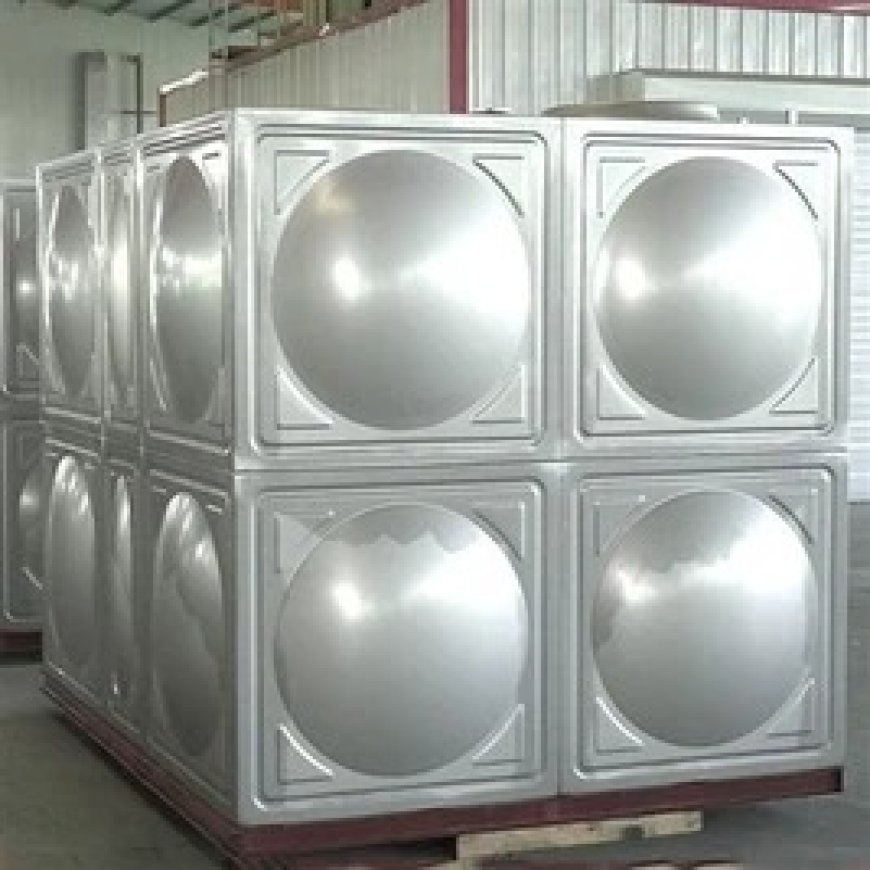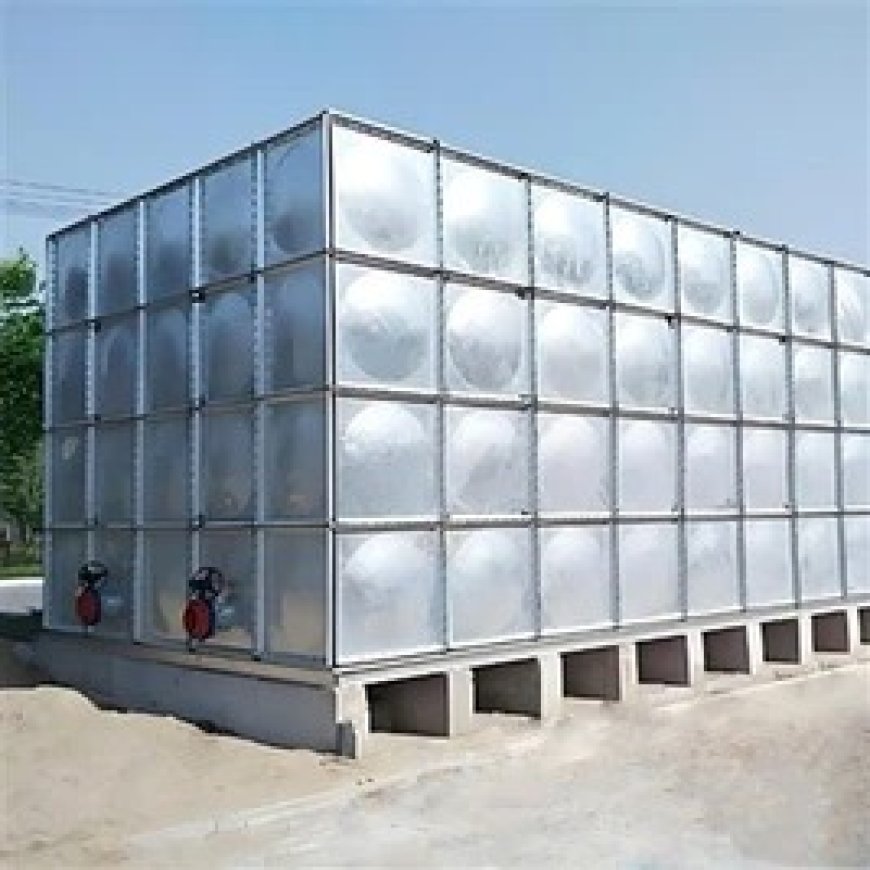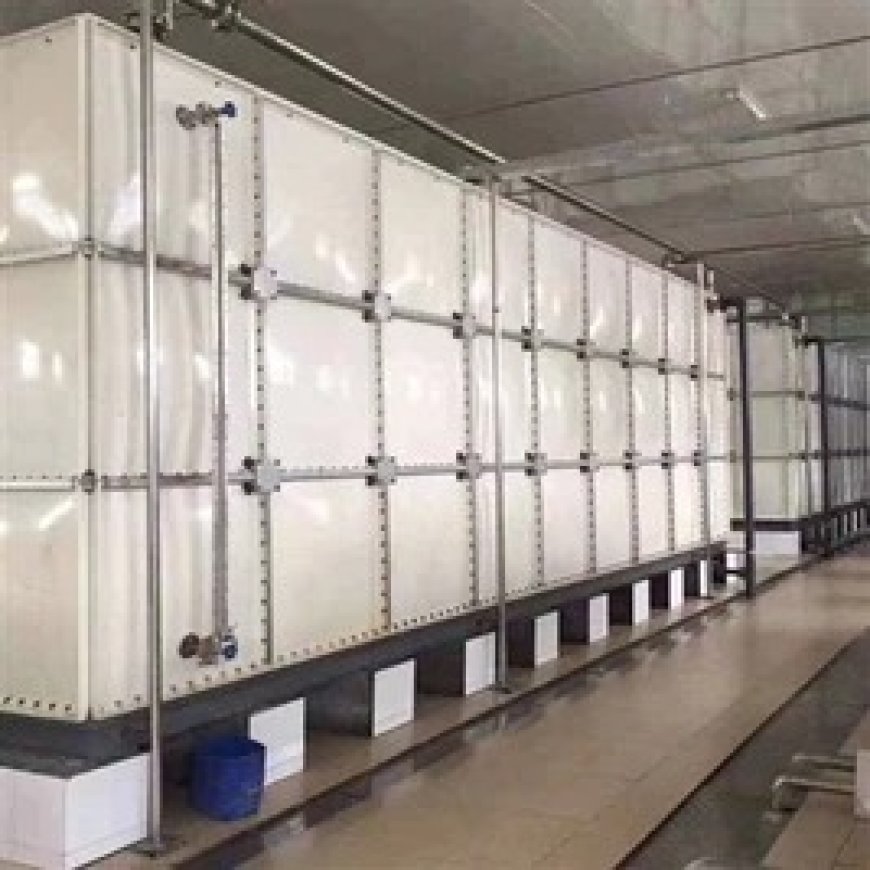How a Fan Coil Unit Enhances Water Tank Efficiency in Modern Systems
This article explores how Fan Coil Units (FCUs) enhance water tank efficiency in modern systems, with a focus on the contributions of Shandong Wanneng Group. It covers the technical synergy, practical benefits, and energy-saving potential of integrating FCUs with water tanks in HVAC applications.

In the realm of modern HVAC systems, achieving optimal energy efficiency while maintaining superior climate control is a top priority for both residential and commercial applications. Among the key components driving this efficiency are Fan Coil Units (FCUs) and advanced water tank systems. These technologies, when integrated effectively, can significantly enhance the performance of heating and cooling systems. How FCUs, particularly those manufactured by industry leaders like Shandong Wanneng Group, contribute to improving water tank efficiency in modern HVAC systems. By leveraging advanced technology, eco-friendly designs, and innovative engineering, these systems work together to create sustainable and cost-effective solutions for climate control.
Understanding the Role of a Fan Coil Unit
A Fan Coil Unit is a critical component in HVAC systems, designed to regulate indoor temperatures by circulating air over a heat exchanger, which is typically connected to a water-based heating or cooling source. The unit consists of a fan and a coil, where the fan blows air across the coil to either heat or cool the space. FCUs are highly versatile, available in configurations such as ceiling-mounted, floor-standing, or concealed units, making them suitable for a wide range of applications, from residential homes to large commercial buildings. Their ability to connect to water-based systems, such as chilled water or hot water loops, allows them to efficiently transfer thermal energy, reducing reliance on energy-intensive air conditioning units. By integrating with water tanks, FCUs can optimize the use of stored thermal energy, ensuring consistent temperature regulation with minimal energy waste. This synergy is particularly effective in modern systems where energy efficiency is paramount.

Shandong Wanneng Groups Contribution to HVAC Innovation
Shandong Wanneng Group is a leading manufacturer in the HVAC industry, renowned for its high-quality fan coil units and water tank systems. Based in Dezhou City, Shandong Province, the company operates from a sprawling 270,000-square-meter facility with a registered capital of 78 million yuan and employs over 800 professionals, including 35 senior engineers. Shandong Wanneng Group has established itself as a trusted name by producing advanced FCUs and water tanks that meet stringent quality standards, including ISO9001, ISO14001, and OHSAS18001 certifications. Their product lines, which include five fan coil production lines and specialized water tank manufacturing, are designed to deliver high-end, high-precision, and stable quality products. By focusing on research, development, and customized solutions, Shandong Wanneng Group ensures that its FCUs and water tanks are tailored to meet the specific needs of modern HVAC systems, enhancing overall system efficiency and sustainability.
Enhancing Water Tank Efficiency Through Integration
The efficiency of a water tank in modern HVAC systems is significantly improved when paired with a well-designed fan coil unit. Water tanks serve as thermal storage units, holding chilled or heated water that is circulated through the HVAC system to regulate indoor temperatures. By integrating FCUs with water tanks, the system can maintain a stable supply of conditioned water, reducing the energy required to heat or cool the water repeatedly. FCUs, with their ability to modulate fan speeds and water flow, ensure that only the necessary amount of thermal energy is drawn from the water tank, minimizing waste. Advanced control systems, often incorporated in FCUs from manufacturers like Shandong Wanneng Group, allow for precise temperature regulation, further optimizing water tank performance. This integration not only reduces energy consumption but also extends the lifespan of the water tank by reducing thermal cycling stress. Additionally, water tanks made from materials like stainless steel or FRP, as offered by Shandong Wanneng Group, provide excellent insulation, further enhancing efficiency by minimizing heat loss.
The Role of Modern Systems in Energy Efficiency
Modern systems in HVAC technology have evolved to prioritize energy efficiency and environmental sustainability. The combination of FCUs and water tanks is a prime example of how these systems work together to achieve these goals. Modern FCUs are equipped with features such as variable frequency drives (VFDs) and electronically commutated motors (ECMs), which allow for precise control of fan speeds and energy consumption. These advancements ensure that the FCU operates at optimal efficiency, drawing only the necessary power to circulate air and transfer thermal energy from the water tank. Furthermore, modern water tanks are designed with advanced insulation materials and corrosion-resistant properties, ensuring minimal energy loss during storage. By integrating these technologies, modern HVAC systems can achieve significant energy savings, aligning with global efforts to reduce carbon footprints and meet net-zero energy building goals. The use of eco-friendly refrigerants and water-based cooling in these systems further enhances their environmental benefits, making them ideal for sustainable building designs.
Synergy Between FCUs and Water Tanks for Optimal Performance
The synergy between fan coil units and water tanks is a cornerstone of efficient HVAC system design. FCUs rely on the consistent supply of conditioned water from the tank to deliver precise climate control. In return, the FCUs ability to modulate air and water flow ensures that the water tank operates within its optimal temperature range, reducing energy demands on the systems chiller or boiler. For instance, in a four-pipe FCU system, separate hot and cold water loops allow for simultaneous heating and cooling in different zones, maximizing the efficiency of the water tank by maintaining a balanced thermal load. Shandong Wanneng Groups FCUs, with their high-efficiency heat exchangers and low-power consumption motors, are designed to complement water tank systems, ensuring seamless integration and enhanced performance. This combination is particularly effective in large-scale applications, such as commercial buildings or industrial facilities, where energy demands are high, and efficiency is critical.

Practical Benefits and Applications
The integration of fan coil units and water tanks offers numerous practical benefits. For one, it allows for zoned climate control, enabling different areas of a building to maintain distinct temperature settings without overtaxing the system. This is particularly useful in facilities with varying occupancy patterns, such as hotels or office buildings. Additionally, the compact design of FCUs makes them easy to install in space-constrained environments, while water tanks can be customized to fit specific storage needs. Shandong Wanneng Groups water tanks, available in stainless steel and FRP configurations, are designed for durability and minimal maintenance, further reducing operational costs. The use of water as a heat exchange medium in these systems also contributes to quieter operation compared to traditional air-cooled units, enhancing occupant comfort. In tropical regions or high-demand environments, this combination has proven effective in achieving energy-efficient cooling, making it a preferred choice for net-zero energy buildings.
Conclusion
The integration of Fan Coil Units and water tanks, particularly those manufactured by Shandong Wanneng Group, represents a significant advancement in HVAC technology. By leveraging the strengths of both components, modern systems can achieve unparalleled water tank efficiency, reducing energy consumption and operational costs while maintaining optimal climate control. The precise engineering of FCUs, combined with the thermal storage capabilities of water tanks, creates a synergy that is both sustainable and cost-effective. As the demand for eco-friendly and energy-efficient solutions continues to grow, the role of these integrated systems will become increasingly vital in shaping the future of HVAC technology.






































